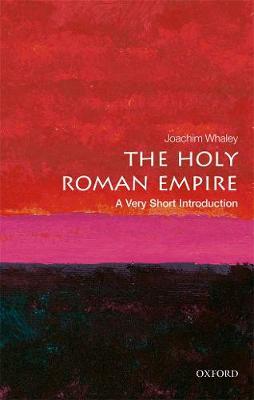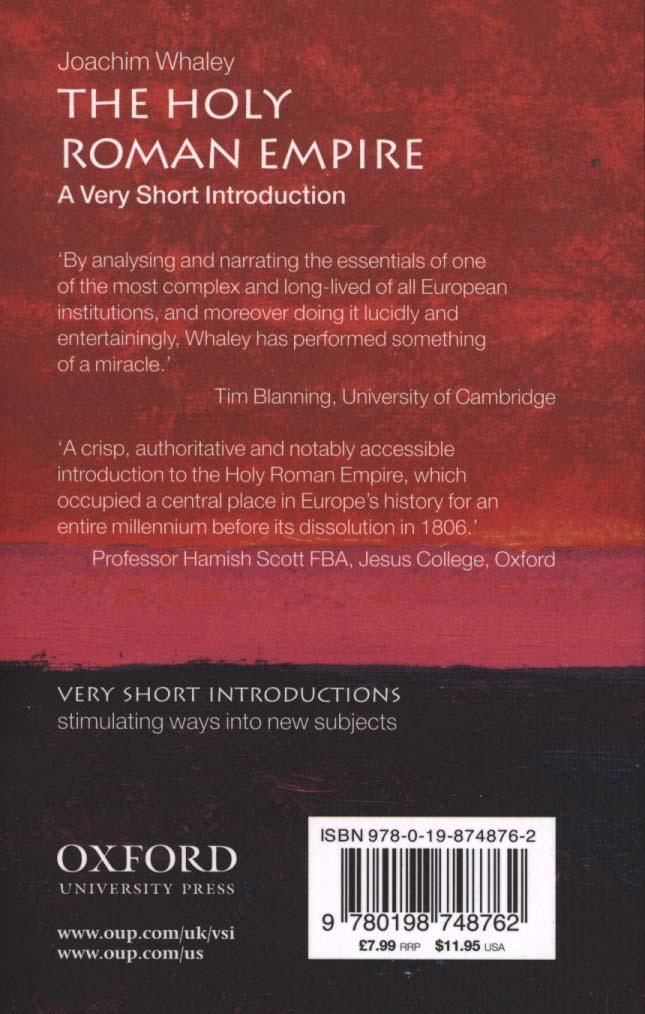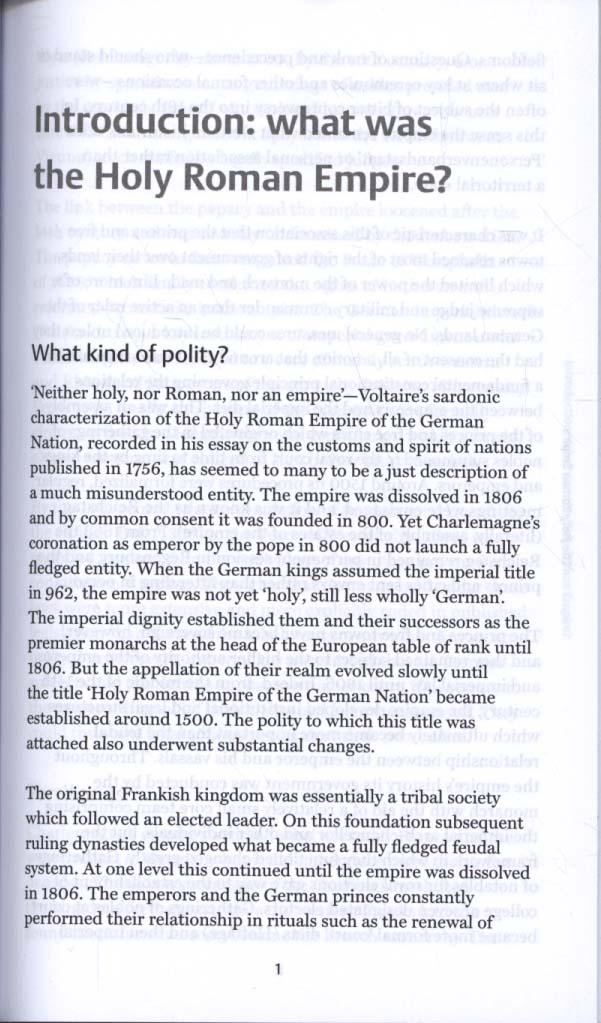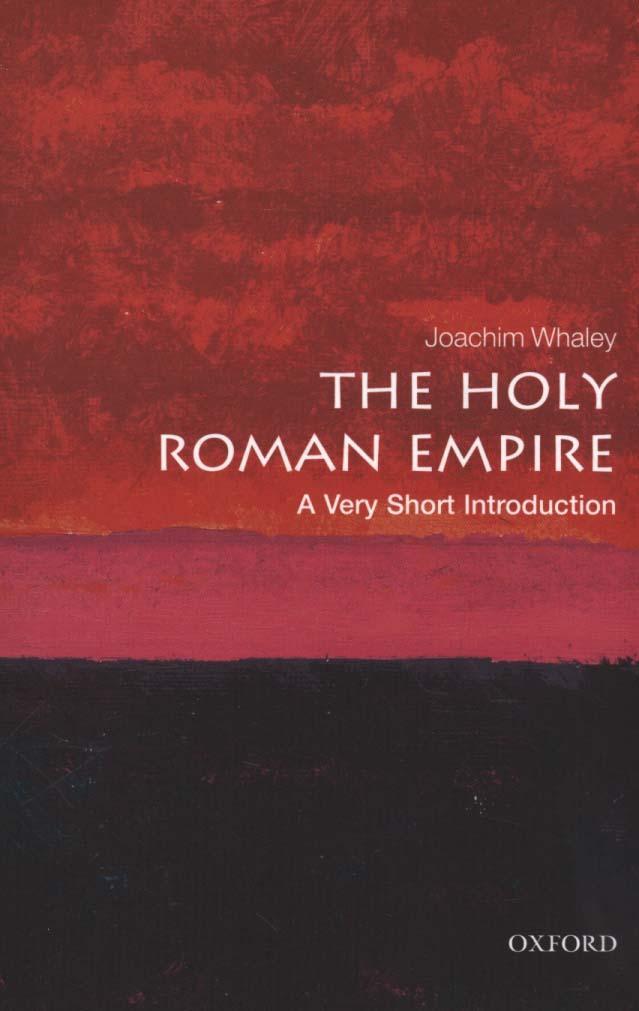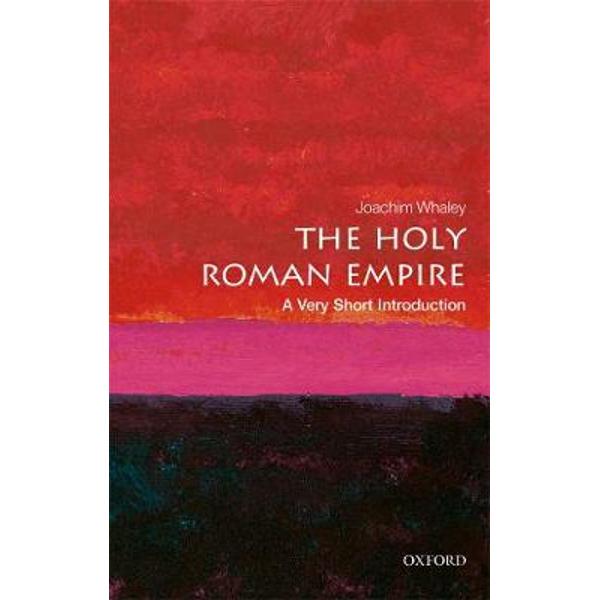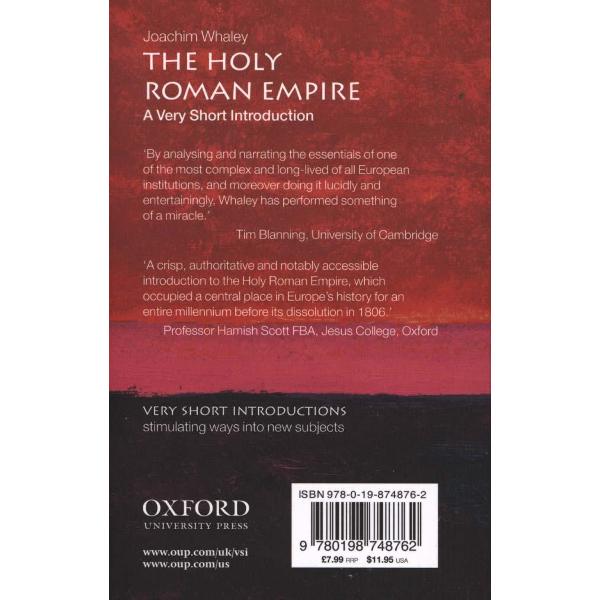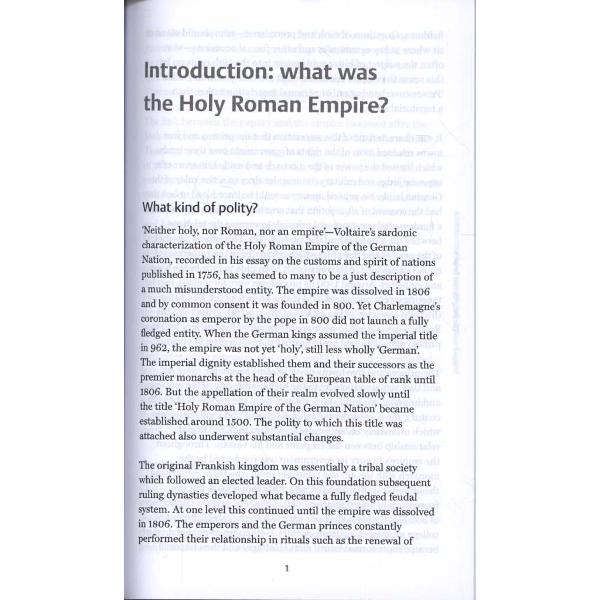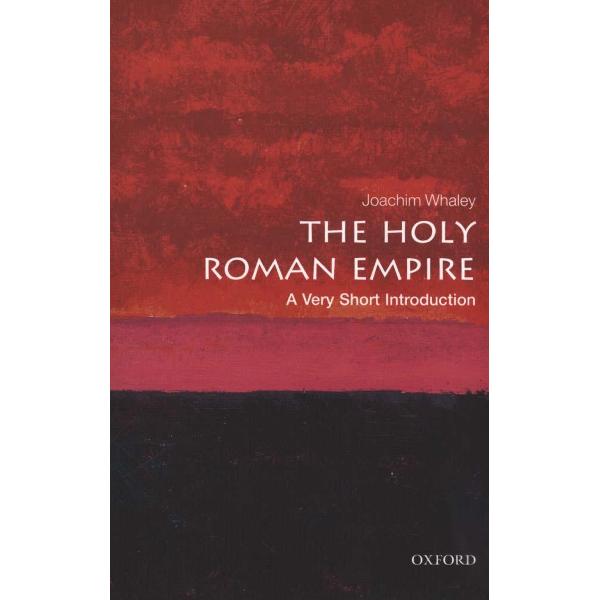Holy Roman Empire: A Very Short Introduction
Holy Roman Empire: A Very Short Introduction
In this Very Short Introduction Joachim Whaley outlines the fascinating thousand-year history of the Holy Roman Empire. Founded in 800 on the basis of Charlemagne's Frankish kingdom, its imperial title went to the German monarchy which became established in the ninth and ten centuries. They claimed Charlemagne's legacy, including his role as protector of the papacy and guardian of the Church. Around 1500 the title Holy Roman Empire of the German Nation was adopted. An elective
monarchy, the empire gradually developed from a feudal monarchy into a legal system that pacified the territories and cities of German-speaking Europe. By 1519 it had a supreme court and a regional enforcement system ended feuding. Throughout its lifetime, the empire's growth and history was shaped by the major
developments in Europe, from the Reformation, to the Thirty Years War, to the French revolutionary wars, which led to Napoleon destroying the empire in 1806. The sense of a common history over a thousand years and the legal traditions established by the empire have shaped the history of German-speaking Europe ever since. Joachim Whaley analyses the empire's crucial impact and role in the history of European power and politics, and shows that there has never been a more durable political system
in German history.
ABOUT THE SERIES: The Very Short Introductions series from Oxford University Press contains hundreds of titles in almost every subject area. These pocket-sized books are the perfect way to get ahead in a new subject quickly. Our expert authors combine facts, analysis, perspective, new ideas, and enthusiasm to make interesting and challenging topics highly readable.
PRP: 80.54 Lei
Acesta este Prețul Recomandat de Producător. Prețul de vânzare al produsului este afișat mai jos.
72.49Lei
72.49Lei
80.54 LeiLivrare in 2-4 saptamani
Descrierea produsului
In this Very Short Introduction Joachim Whaley outlines the fascinating thousand-year history of the Holy Roman Empire. Founded in 800 on the basis of Charlemagne's Frankish kingdom, its imperial title went to the German monarchy which became established in the ninth and ten centuries. They claimed Charlemagne's legacy, including his role as protector of the papacy and guardian of the Church. Around 1500 the title Holy Roman Empire of the German Nation was adopted. An elective
monarchy, the empire gradually developed from a feudal monarchy into a legal system that pacified the territories and cities of German-speaking Europe. By 1519 it had a supreme court and a regional enforcement system ended feuding. Throughout its lifetime, the empire's growth and history was shaped by the major
developments in Europe, from the Reformation, to the Thirty Years War, to the French revolutionary wars, which led to Napoleon destroying the empire in 1806. The sense of a common history over a thousand years and the legal traditions established by the empire have shaped the history of German-speaking Europe ever since. Joachim Whaley analyses the empire's crucial impact and role in the history of European power and politics, and shows that there has never been a more durable political system
in German history.
ABOUT THE SERIES: The Very Short Introductions series from Oxford University Press contains hundreds of titles in almost every subject area. These pocket-sized books are the perfect way to get ahead in a new subject quickly. Our expert authors combine facts, analysis, perspective, new ideas, and enthusiasm to make interesting and challenging topics highly readable.
Detaliile produsului








